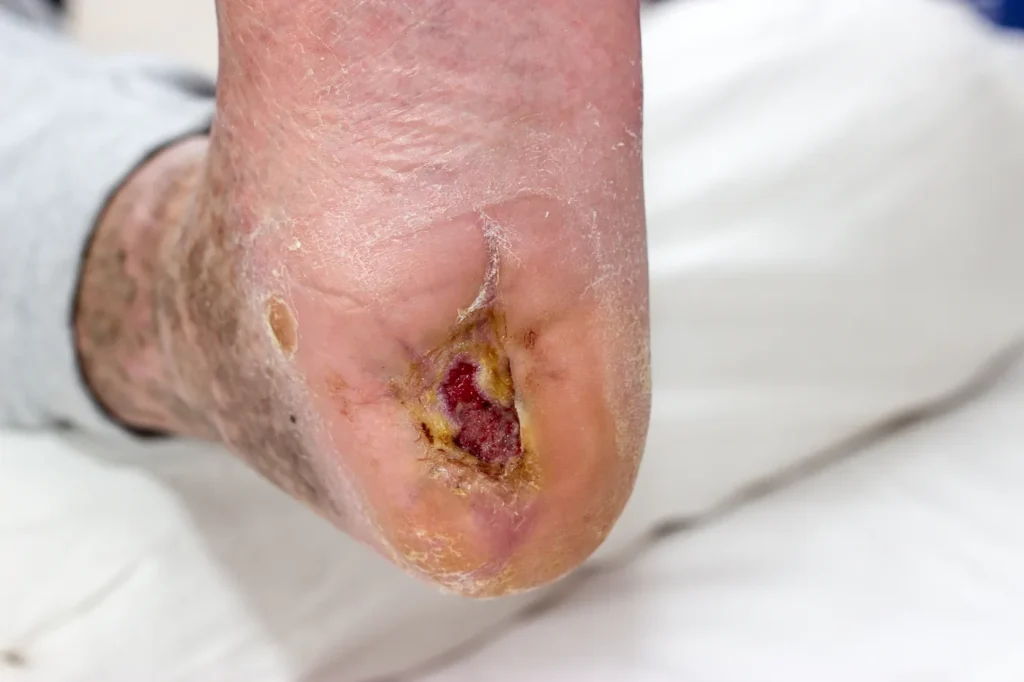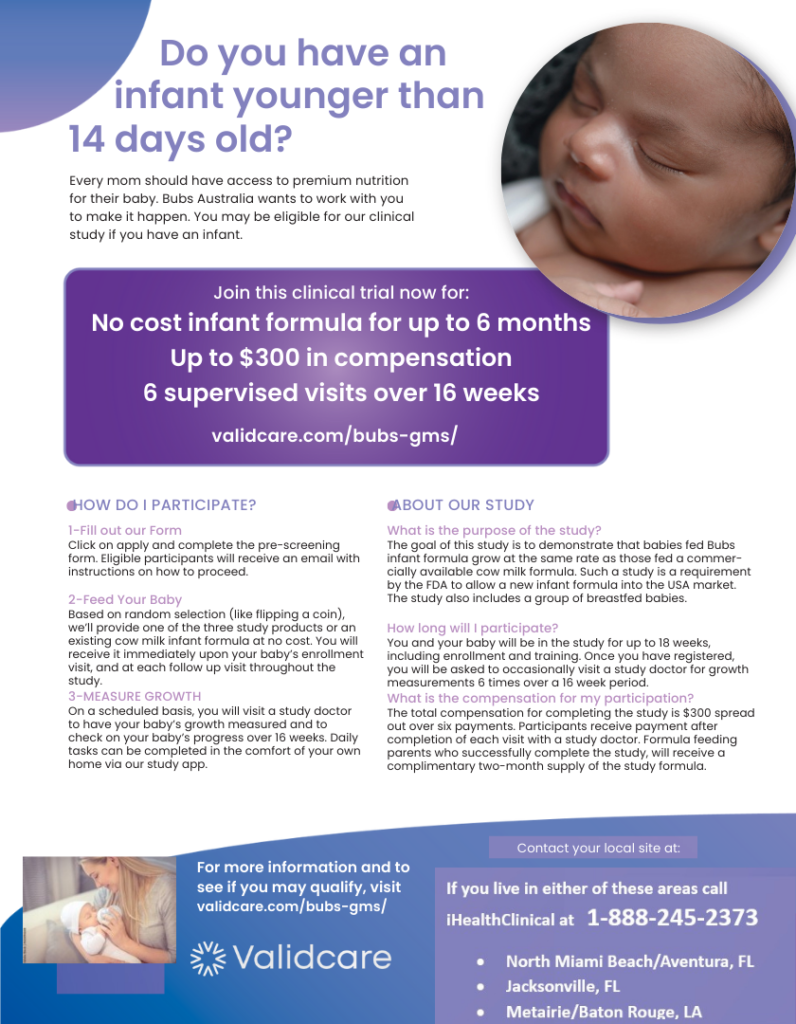The Transformative Role of AI in Clinical Trials
Mar 22, 2025Navigating Greek Life in College with Type 1
Jan 15, 2025The Awesomeness of the Patient Professor Academy
Dec 23, 2024Giving Thanks
Nov 23, 2024Diverse (Proportional) Participation in Clinical Trials
- Myra Fonville
- 5 Minutes Read Time
By Arati “Arti” Bhosale, BDS, MPH
Overview: The Importance of Diverse Participation in Clinical Trials
In the complex world of clinical research, the call for diverse participation in clinical trials has shifted from an ethical suggestion to an undeniable scientific necessity. This requirement arises not only from ethical considerations but also from the recognition that a lack of diversity has profound implications on the efficacy and safety of medical interventions.
Real-World Prevalence Factor: The Gap in Clinical Trial Representation
Historically, clinical trials have lacked proportional representation, often failing to reflect the real-world prevalence of health conditions. This raises a crucial question: can we claim a medical breakthrough is universally effective if the trial participants do not represent the broader population affected by the condition?

Real-World Examples: Consequences of the Lack of Diversity
Post-market use of FDA-approved drugs highlights the repercussions of this historical oversight. Examples include BiDil, Zolpidem, and other medications such as Statins, Anti-diabetics, Anticoagulants, Opioid Medications, and ACE Inhibitors for Hypertension.
Real-World Effects: Implications of Non-Diverse Clinical Trials
The absence of diverse participation in clinical trials can lead to several issues:
- Poor Generalizability: Trials may not accurately reflect the real-world prevalence of a condition, limiting the applicability of the results.
- Ineffective or Harmful Treatments: Drugs and treatments may be less effective or even harmful to certain groups.
- Increased Health Disparities: Underrepresentation of racial and ethnic minority groups can exacerbate health disparities and widen existing inequities.
- Post-Market Issues: The FDA has encountered issues with approved drugs due to insufficient diversity in clinical trials.
- Economic Costs: A lack of diversity in trials can cost billions in early deaths and poor health.
- Public Health Consequences: This issue has tangible effects on public health.
Ongoing Challenge: Underrepresentation in Clinical Trials
Despite growing awareness, underrepresentation in clinical trials persists. Women, older adults, racial and ethnic minorities, and those with multiple health conditions are often underrepresented. Additionally, socio-economic factors, geographic locations, and cultural differences influence health outcomes and trial results.

Barriers to Increasing Diversity in Clinical Trials
Several barriers hinder efforts to increase diversity, including:
- Historical Exclusion
- Mistrust
- Inconvenience
- Lack of Awareness
- Eligibility Criteria
- Limited Access to Healthcare
Path Forward: The Need for Action in Clinical Trials
Regulatory authorities, the pharmaceutical industry, and other research stakeholders acknowledge the importance of inclusivity in clinical trials. However, planning is only as effective as the actions taken to implement these plans.
Why a Plan Must Be Accompanied by Action
- Historical Disparities: Planning alone cannot rectify deep-rooted disparities in clinical trial representation.
- Inertia in Research Practices: Proactive measures are required to overcome entrenched research protocols.
- Financial and Logistical Barriers: Addressing barriers like financial incentives and accessibility requires commitment.
- Cultural Competence Training: Research teams need cultural sensitivity training to effectively engage diverse populations.
- Patient-Centric Approach: A shift from a researcher-centric model to a patient-centric approach is essential.
- Regulatory Oversight and Accountability: Clear expectations and outcomes are necessary to ensure adherence to inclusive practices.
- Transparent Reporting: Accountability for reporting demographic composition is crucial for achieving representative participation.

Potential Solutions: Steps to Increase Diversity
To address the lack of diversity in clinical trials, a multi-stakeholder approach is necessary. Some potential solutions include:
- Widening Eligibility Criteria: Expanding criteria can help include more diverse populations.
- Community-Based Medical Centers: Engaging with these centers can increase participation from underrepresented groups.
- Leveraging Technology: Telemedicine, remote monitoring, and data analytics can make trials more accessible and effective in recruiting diverse populations.
- Connecting with Patient Advocacy Groups: Collaboration can raise awareness and encourage participation.
- Building Trust: Transparent communication and culturally sensitive recruitment methods are essential.
- Educating Healthcare Professionals: Increased awareness can help professionals better inform their patients about trial participation.
Closing Thoughts: A Call for Inclusivity in Clinical Trials
“Nothing changes if nothing changes.”
The need for diverse participation in clinical trials is not just an ethical responsibility—it is a scientific necessity. By embracing inclusivity, the medical community can unlock the full potential of medical advancements, ensuring that the benefits of scientific progress are shared equitably across our diverse world.
The time has come to acknowledge and implement that a more inclusive approach to clinical trials is essential for a healthier, more equitable future.

Arati “Arti” Bhosale (Dr. B); BDS, MPH
Co-founder Sieve Health Dentist | Clinical Researcher | Author | Speaker
Connect with Dr. B on LinkedIn (scan the QR code below)
Dr. B is an experienced healthcare/clinical research executive with passion & proven ability to successfully implement innovative ideas which strategically ad- dress critical issues at root cause level in a complex ecosystem for robust & long term success. She is passionate about building & fostering diverse teams to execute strategic solutions and meet the evolving demands of a dynamic ecosystem.
Myra Fonville is the Executive Editor of Interim Visits magazine. Myra is a former pharmacist who has worked in the clinical research industry for the past 28 years. She brings a wealth of knowledge about pharmacy, pharmaceuticals and clinical research. Myra is very passionate about diversity and health equity which is one of the primary reasons Interim Visits is educating the public about the importance of clinical trials.

















